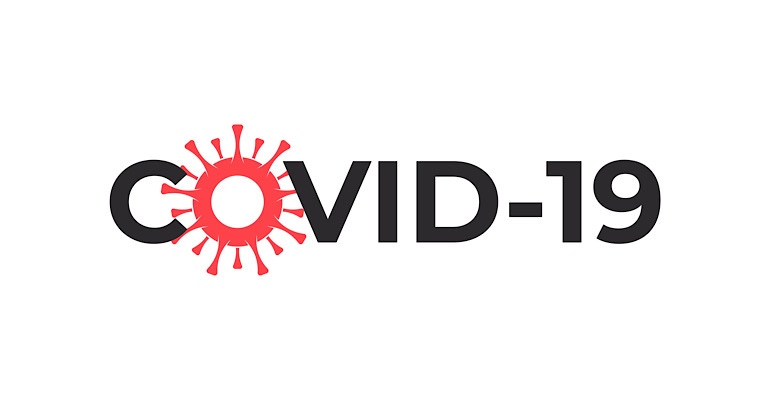Researchers Confirm New COVID-19 Testing As Effective as Traditional Methods
University of Birmingham, U.K. researchers used a three-way comparison study to confirm that the Exponential Amplification Reaction (EXPAR) method is just as sensitive, but faster, than both PCR and LAMP tests which are currently used in hospital settings.
August 17, 2021

Researchers from the University of Birmingham, U.K., have confirmed the speed, accuracy and simplicity of a novel, highly sensitive testing method for COVID-19 that can be deployed at entertainment venues, airport arrival terminals, and in remote settings where clinical testing laboratories are not available.
The scientists used a three-way comparison study to confirm that the Exponential Amplification Reaction (EXPAR) method is just as sensitive, but faster, than both PCR and LAMP tests which are currently used in hospital settings. The Birmingham COVID-19 test, called RTF-EXPAR, gives a sample-to-signal time of under 10 minutes, even for low viral levels where current lateral flow tests are less effective.
Professors Tim Dafforn from the School of Biosciences, and Jim Tucker from the School of Chemistry, worked with graduate student Jake Carter, and Professor Andrew Beggs from the Institute of Cancer and Genomic Sciences on the study, which was published today in PNAS.
Both PCR and LAMP tests detect viral RNA, which can be present in extremely low levels in swabs taken from the mouth and nose. These tests use a two-step process which involves first converting to RNA to DNA (a process called reverse transcription) and then 'amplifying' the material many times over so it can be detected in the sample.
RTF-EXPAR achieves this feat in two ways -- firstly the assay team designed a new RNA-to-DNA conversion step that avoids reverse transcription, making it reverse transcription-free (RTF). Secondly their amplification step to generate the read-out signal uses EXPAR, an alternative DNA amplification process to PCR and LAMP.
The study revealed that the RTF-EXPAR method converts under 10 strands of RNA into billions of copies of DNA in under 10 minutes, using a one-pot assay that is compatible with more basic, benchtop equipment than that used with current testing methods.
About the Author(s)
You May Also Like

.png?width=300&auto=webp&quality=80&disable=upscale)
